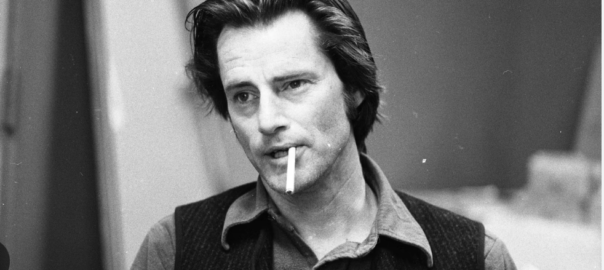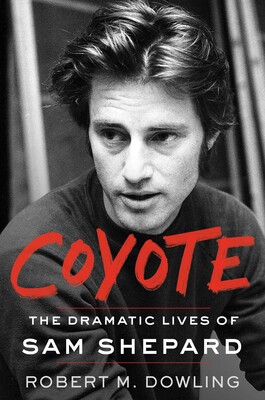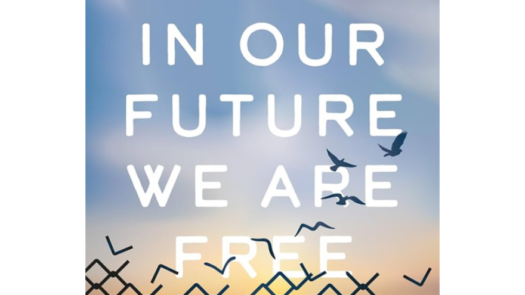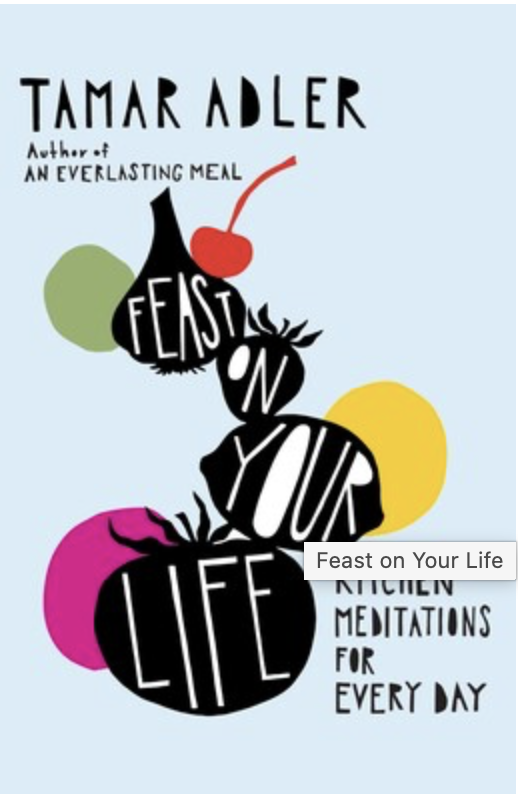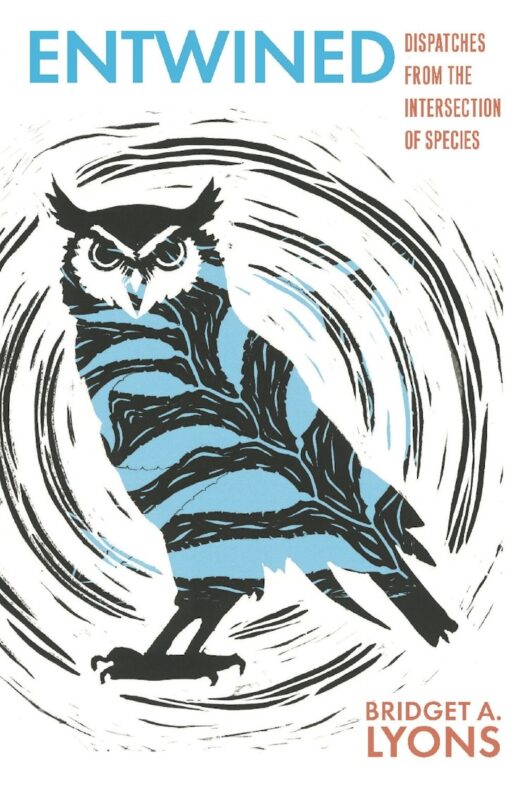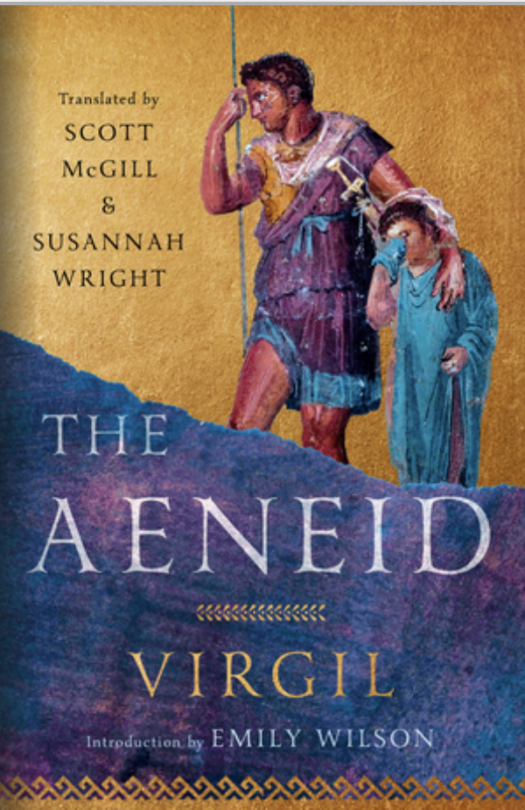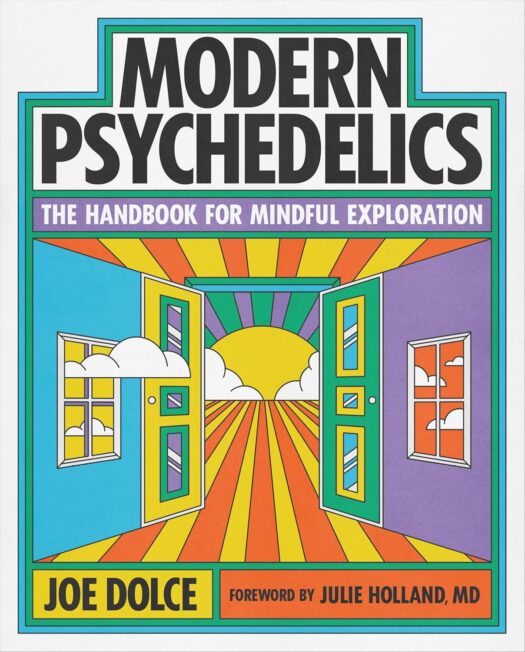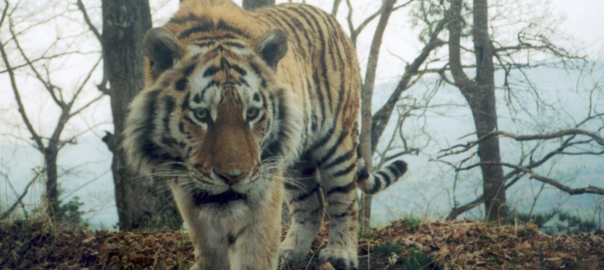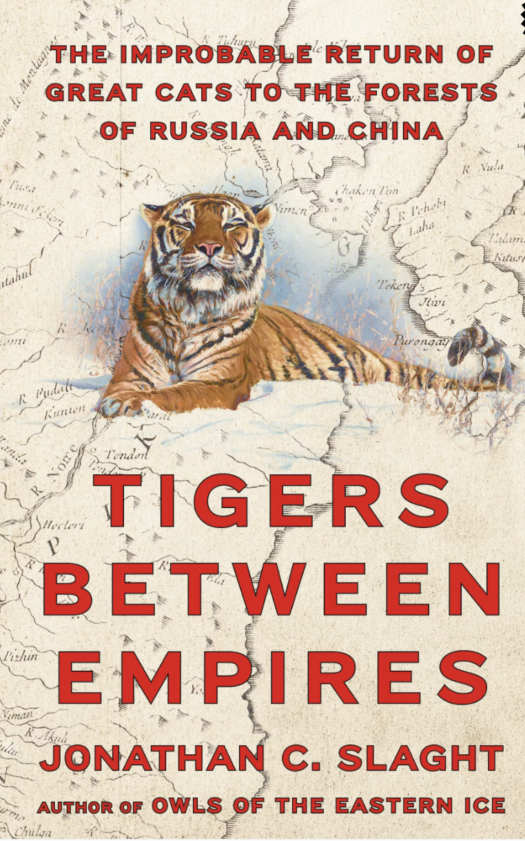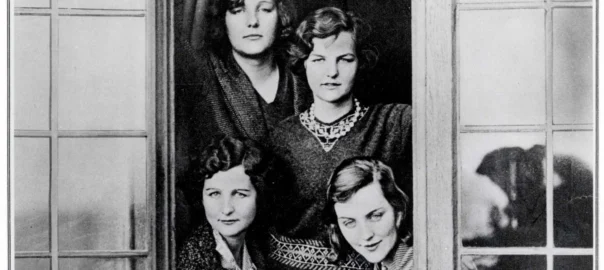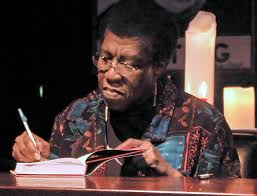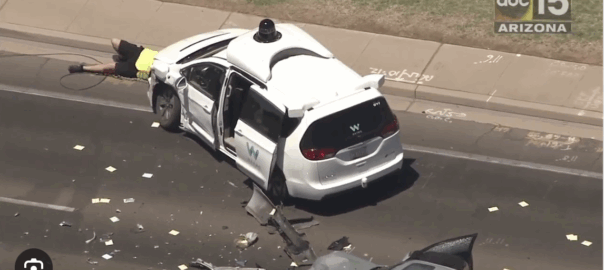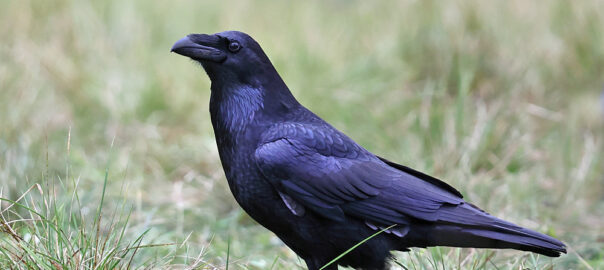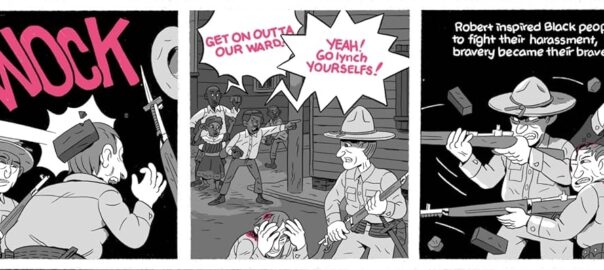Podcast: Play in new window | Download
Subscribe: Apple Podcasts | RSS
Writer’s Voice: compelling conversations with authors who challenge, inspire, and inform.
Episode Summary:
Historian Andrew Burstein joins us to talk about his biography, Being Thomas Jefferson. It’s an intimate portrait that looks beyond the marble statue and into the emotional life of one of America’s most influential founders.
Burstein explores Jefferson as a political moralist, a lyrical writer, and as someone who imagined democracy while profiting from slavery, who preached equality while exercising enormous power over others, and as someone who believed passionately in the nation’s destiny while fearing the forces of centralized power that could tear it apart.
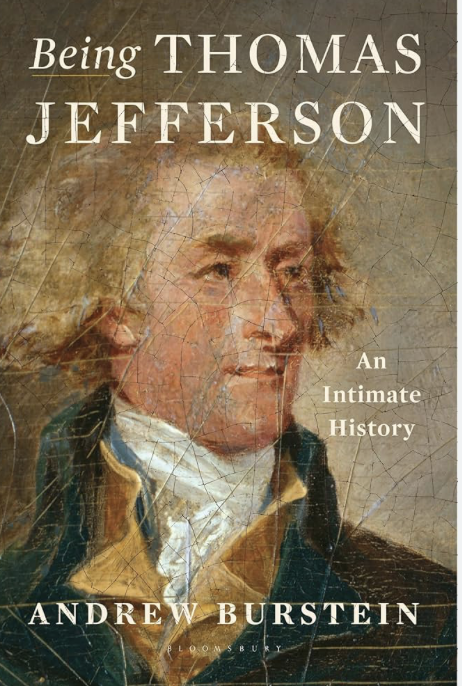
“The Jefferson that I write about in this book is a political moralist who converts knowledge into feeling.” — Andrew Burstein
We’ll talk about Jefferson’s psychological world, his relationship with Sally Hemings, his battles with Federalism, and how his inner life helped shape our nation and the ideals we’re struggling to protect today.
Then, we listen to an excerpt from our 2014 conversation with Danielle Allen about her book Our Declaration, A Reading Of The Declaration of Independence In Defense of Equality.
Follow us on Bluesky @writersvoice.bsky.social and subscribe to our Substack. Or find us on Instagram @WritersVoicePodcast.
Tags: Thomas Jefferson, Andrew Burstein, Being Thomas Jefferson, Sally Hemings, slavery, Founding Fathers, Federalism, Jeffersonian democracy, American Revolution, Writer’s Voice, Danielle Allen, Declaration of Independence,
You Might Also Like: Danielle Allen, OUR DECLARATION, Sojourner Truth, Her Story & Meaning,
Continue reading

